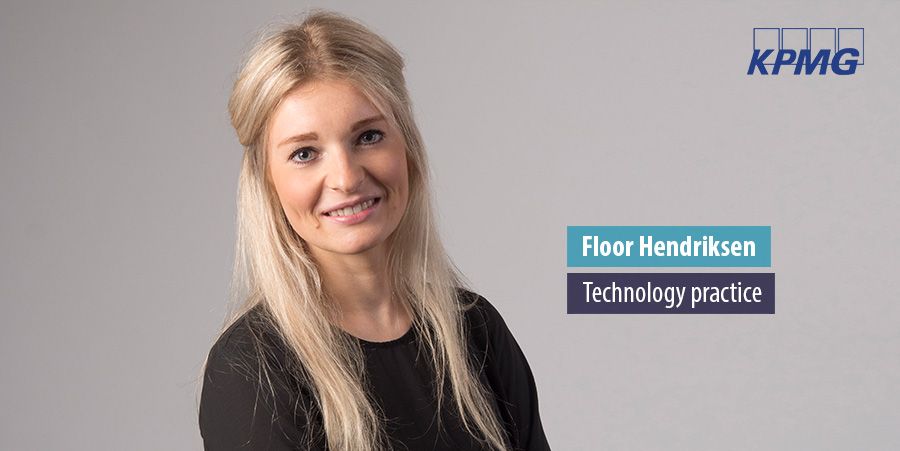
When looking for a new investment advisor, you will likely wonder what the average money management fees are. Investment advisors charge anywhere from 0.25% to 0.3% of assets. We'll be discussing the fees charged to three registered investment advisors in this article. Then, you can make your decision based on your knowledge of the industry and your individual needs. To avoid overpaying, make sure you read all the fine print.
0.25% to 0.30% of assets
Investment management fees are often charged by financial advisors as a percentage of the account balance. A portfolio below $250k will cost you a 1% investment management fee. That's more than 0.25% after inflation. This fee is not the average. Many advisors charge more than 1% of your account balance, but many charge far less than this amount. The majority of advisors will increase their fee by 0.255% per annum.

Investment advisors: 0.25%-0.30% of assets
Veres' data includes both fees for fee-only advisors and total cost of AUM. The fees also include costs associated with underlying investments or trading platforms. Investment advisors with an AUM of less than $1,000,000 pay the lowest fees. They have remained stable but they have been increasing over time. Fees for financial professionals with AUM of $5,000,000 or more are typically 1.5% - 0.7% of assets.
According to State Street Global Advisors, nearly half of investors believe that the cost of investing is included in the fee. Nearly half, including generation X and millennials, believe that fees include the cost of mutual funds. This is a common misconception among younger investors. 71% believe it. Advisor fees do not cover the investment fee in mutual funds.
Registered investment advisors will receive assets ranging from 0.2% to 0.3%
A registered advisor's fee will typically be between 0.25% and 0.30% of AUM. The fee structure tends to fall with asset value. The median fee for portfolios under $250k is 1.25%. For assets over $1M, it's 0.88%. A significant number of advisors charge fees that exceed 1% of AUM. However, fees tend to decrease as clients' account balances increase.

While Schwab employees earn more on SWA and advisory program assets, they don't earn as much as independent contractors. Schwab employees earn more on SWA and advisory program assets than independent contractors. Independent contractors also receive a monthly net payout from Schwab. IB Representatives pay the rest. Individual agreements and promotional offers may result in lower fees. Be sure to understand the fees charged by your investment advisor and the nature of your account before you choose one.
FAQ
How can I select a consultant?
There are three major factors you should consider:
-
Experience - How experienced is this consultant? Are you a beginner or an expert? Do her qualifications and knowledge show on her resume?
-
Education - What did this person learn during school? Did he/she take any relevant courses after graduating? Are we able to see evidence of his/her learning through the way he/she writes
-
Personality - Are we attracted to this person? Would we hire him/her to be our employee?
-
These questions help to decide if the consultant suits our needs. If you do not have the answer, it is worth interviewing the candidate to find out more.
What is the difference of a consultant versus an advisor?
A consultant is an advisor who gives information on a particular topic. A consultant can offer solutions.
Consultants work directly for clients to help achieve their goals. Advisors advise clients indirectly via books, magazines, lectures and seminars, etc.
Can anyone become a consultant
A consultant is someone who assists you in achieving your goals by offering advice and suggestions on how to achieve it faster, cheaper, and so forth.
You may need a consultant to help you with problems, make decisions or negotiate with others.
Many consultants are hired for specific projects and tasks.
Consultants are often paid per hour or daily rather than per project.
What can I expect from my consultant?
You should hear back from your chosen consultant within a few days. They will often ask about your company's mission, goals and products. They will then send you a proposal that outlines the scope of work and estimates timeframe, fees, deliverables, milestones and other details.
If everything looks good, then the two parties will negotiate a written contract. The type of relationship between them (e.g. employer-employee or employer-independent contractor) will determine the terms of the contract.
If everything goes smoothly, the consultant can begin work immediately. He/she will have immediate access to your internal documents, resources, and you'll be able to access his/her skillset and knowledge.
You shouldn't assume, however, that every consultant is an expert in all areas. It takes effort and practice to become an expert in whatever field you consult. Don't expect your consultant know everything about your company.
Statistics
- "From there, I told them my rates were going up 25%, this is the new hourly rate, and every single one of them said 'done, fine.' (nerdwallet.com)
- 67% of consultants start their consulting businesses after quitting their jobs, while 33% start while they're still at their jobs. (consultingsuccess.com)
- So, if you help your clients increase their sales by 33%, then use a word like “revolution” instead of “increase.” (consultingsuccess.com)
- My 10 years of experience and 6-step program have helped over 20 clients boost their sales by an average of 33% in 6 months. (consultingsuccess.com)
- According to statistics from the ONS, the UK has around 300,000 consultants, of which around 63,000 professionals work as management consultants. (consultancy.uk)
External Links
How To
What does a typical consultant's day look like?
Your work type will determine the length of your day. But generally speaking, you will spend time researching and planning new ideas, meeting clients, and preparing reports.
You will often have meetings where you discuss issues and problems with clients. These meetings can take place over the phone, via email, online, or face to face.
Also, proposals are documents that outline your ideas or plans for clients. You will need to discuss these proposals with a mentor or colleague before you present them to clients.
After all the preparation, you'll need to start creating content. You might be creating articles, videos, editing photos, writing interviews, or designing websites.
It depends on the project's scope, you might need to do some research to collect relevant statistics. You might need to determine how many customers you have, and whether they buy more than one product.
Once you have all the information needed, it is time for clients to see your findings. You may give your findings orally or in written form.
After your initial consultation, you should follow up with your clients. You could phone them occasionally to check on things or send an email asking them to confirm that you have received their proposal.
This process takes time, but it's important to ensure that you stay focused and maintain good relationships with clients.